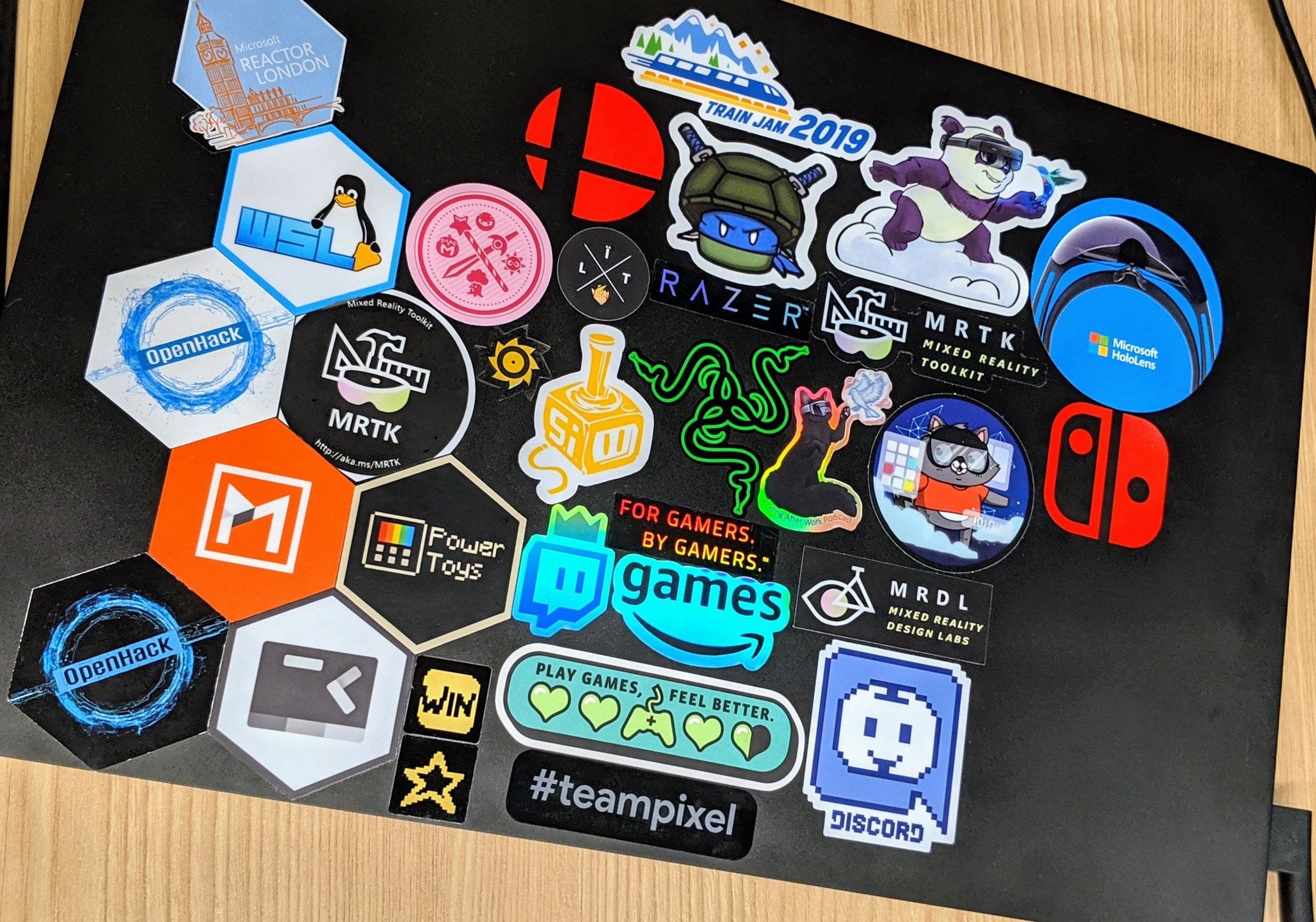The use of video games in education has been a growing trend in recent years, with numerous studies showing the benefits of incorporating digital play into classrooms. One title that has generated particular enthusiasm amongst educators and students alike is ‘Call of Duty’, one of the most successful first-person shooter (FPS) franchises in history. The experts at collegepaper.net have conducted an in-depth research to explore the educational merits and benefits of ‘Call of Duty’, focusing on its potential to improve learning outcomes, as well as build digital literacy skills.
Background on Video Games in Education
Video games have been used to teach since the earliest days of computing, but they only recently started gaining traction in mainstream education. The first commercial educational video game was ‘Oregon Trail’, released in 1971. This title allowed players to experience the hardships of 19th century travel as they navigated a simulated version of the Oregon Trail. More recently, games like SimCity have been used to teach urban planning and economics, while others such as Civilization have been used to teach world history.
As technology has advanced, so too have the possibilities for using video games in education. In 2007, Nintendo released the Wii console with motion-tracking controllers that could be used to enhance physical education curricula. Educational apps are now available on mobile devices and platforms like Steam offer easy access to a wide range of titles for classroom use.
Benefits of Incorporating Video Games into Education
The main goal of educational video games is to make learning fun. Studies have shown that students who play video games in the classroom are more engaged and motivated than those who don’t. Additionally, video games can help develop problem-solving skills, as well as critical thinking, creativity and collaboration.
Another benefit of incorporating video games into education is that they can be used to teach complex concepts in an engaging way. For example, ‘Minecraft’ has been used to teach mathematics and physics by having players build structures using a block-based system. Furthermore, educators can tailor their lesson plans to suit the needs of specific students or groups by selecting titles that best meet their objectives.
The Impact of “Call of Duty” in Education Settings
Gameplay Mechanics and Educational Value
The ‘Call of Duty’ franchise has been around since 2003, and its popularity continues to grow with each new installment. The series is known for its fast-paced multiplayer mode, where players must work together to achieve objectives such as capturing flags or defending points on a map. This type of game can be used to teach teamwork and communication skills, as well as planning strategies and decision-making. In addition, the game requires quick reflexes and spatial awareness, which can help develop fine motor control.
Teamwork
Call of Duty encourages teamwork by allowing players to form groups with others online and devise strategies for mission completion. Working together as a team is essential in the game, so players must learn how to communicate effectively and work collaboratively to achieve their goals. This teaches valuable skills that can be applied in both professional and personal life scenarios.
Problem-Solving and Critical Thinking
The missions in Call of Duty require critical thinking and problem-solving abilities, as players have to think on their feet while navigating through various obstacles along the way. This helps them develop valuable skills such as decision making, resourcefulness, adaptability and creativity which are all useful in real-life situations. An Essays Advisor can help players make the most of these skills while writing essays. They can provide helpful tips and advice on how to craft a compelling essay, as well as guidance on choosing the right paper writing service.
Generating Creative Solutions
The game encourages players to think out of the box and come up with unique solutions for mission completion. This helps develop their creative problem-solving skills, which can be applied in various aspects of life such as education, work and personal relationships.
Enhancing Cognitive Abilities
Playing Call of Duty can also help enhance cognitive abilities such as memory, focus and concentration. It requires quick thinking, so players must remain focused on the task at hand while being able to take in new information and make decisions quickly. These skills are beneficial both inside and outside the gaming world.
Applying Real-World Strategies and Principles
Call of Duty teaches players how to apply various real-world strategies and principles into their gameplay. This helps them understand the importance of planning, risk assessment and resource management, which are all essential skills for success in any situation.
Building Digital Literacy Skills Through “Call of Duty”
In addition to the educational value of ‘Call of Duty’, it can also help develop digital literacy skills. Players must navigate menus and learn how to install and update their game, as well as troubleshoot any technical issues that arise. Furthermore, the game requires players to make use of communication tools such as text chat or voice chat in order to coordinate with team members. This type of experience can be invaluable for preparing students for college and careers in technology-related fields.
Conclusion
The ‘Call of Duty’ series has become a staple in the gaming industry, and it can provide numerous educational benefits for players. Therefore, ‘Call of Duty’ offers an engaging and enjoyable way to learn valuable skills that are beneficial both inside and outside the gaming world. Additionally, homework help online is available for ‘Call of Duty’ players who may require extra assistance. Through such resources, students can utilize the game to their advantage and gain insight into topics that they are studying or struggling with in school.




